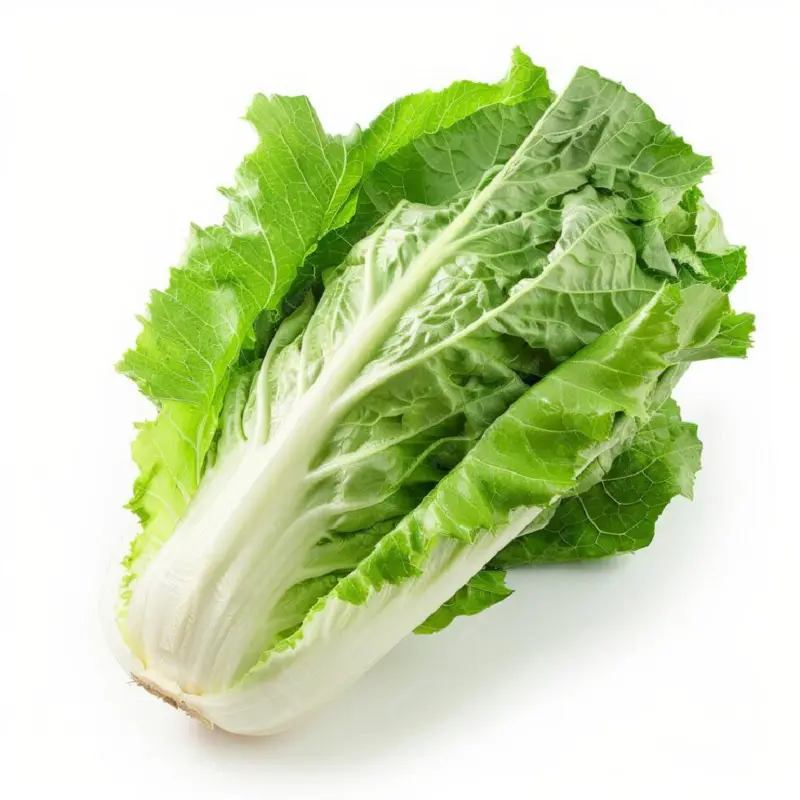Is Wasabi Good For You
The first thing to keep in thoughts is that authentic wasabi is the version cultivated in Eastern countries, while imitation wasabi is heavily produced within the West. This version is from time to time known as 'fake wasabi' and usually includes nothing extra than green food coloring, horseradish, and mustard powder.
And maximum of the wasabi used and consumed in the US is the imitation type. Both varieties of wasabi come from different sources so each provide varied health benefits.
For instance, true wasabi has antimicrobial blessings and consists of isothiocyanates that might guard against harmful microorganisms like Staphylococcus aureus and E. Coli. Several studies additionally propose that those compounds can also improve cognition in older adults.
These actual wasabi can enhance the immune system and are excessive in vitamin C. They are also stated to possess anti inflammatory properties, which can also help lessen pain and inflammation in the body.















